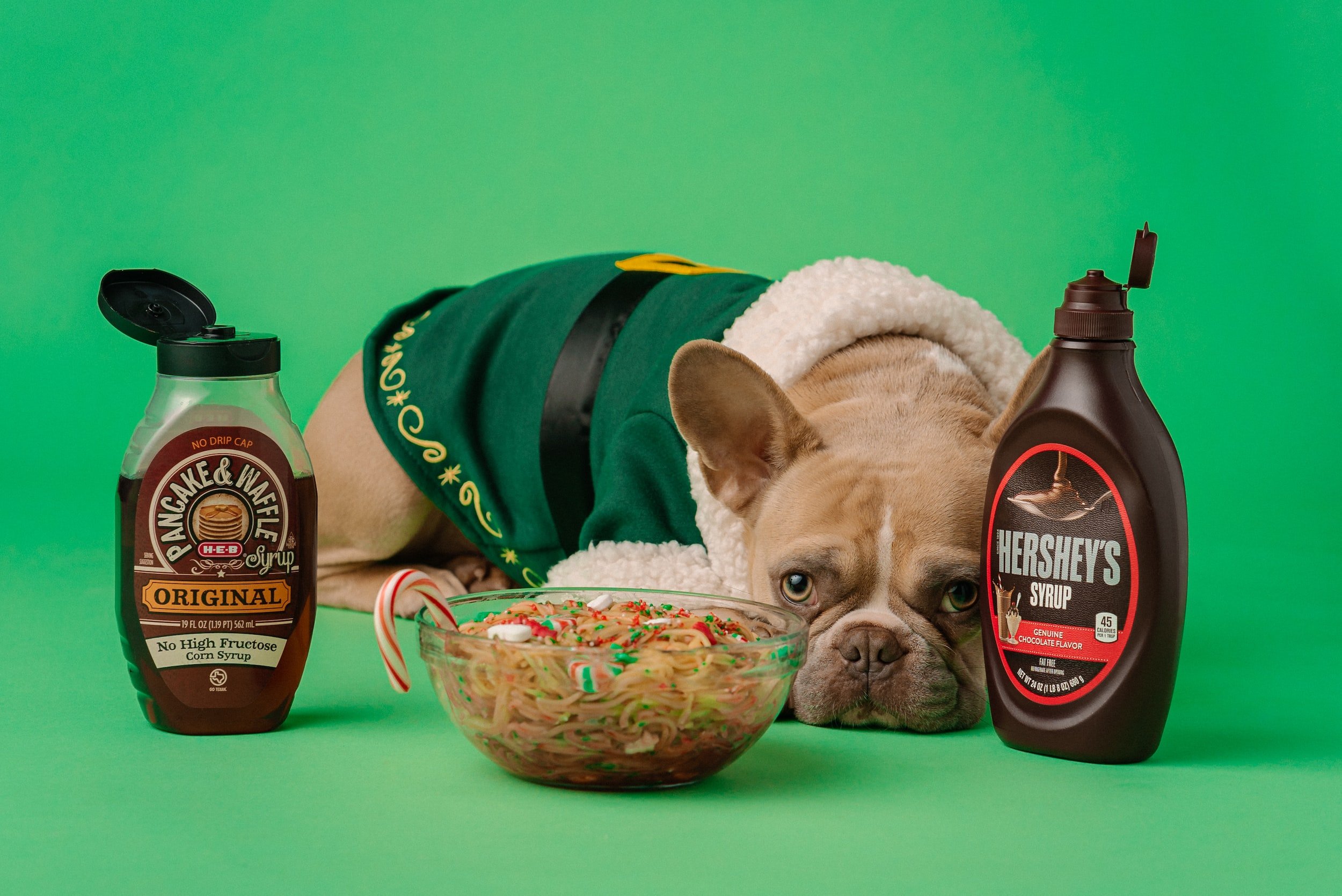Keeping our dogs safe in winter
Winter’s here . . . time to be aware of the dangers out there
With thanks to the Kennel Club
”Winter is the season for cold icy weather, dark evening strolls, crunching in the snow and ice and brisk frosty walks. These things may be typical signs that winter is with us, but they also indicate a number of seasonal dangers to our dogs.
Going out in the cold is all about being prepared, not only in what we and our dogs wear, but also in knowing what dangers could lie ahead and how to avoid them.
Antifreeze
Antifreeze can be extremely dangerous to dogs.
It can damage their kidneys and cause death, even after only a small amount has been licked.
It smells and tastes sweet, so may be irresistible to some dogs.
Dogs will most often come across it after it’s leaked from a car radiator, or been spilt after refilling screen wash.
If you notice any liquids by your car, keep your dog away and clean it up immediately. If they’ve walked through any, then wash their paws with soap and water straight away.
If you think your dog has licked, drunk or been in contact with antifreeze, contact your vet immediately.
Snowglobes contain antifreeze. If one is dropped and broken, keep your dog away.
The quicker your dog is treated the better.
Find out more about the dangers of antifreeze to dogs.
Hypothermia
Very low temperatures and cold winds can quickly reduce your dog’s body temperature, causing frostbite and/or hypothermia.
Most dogs will be fine outside as they are, but if it’s very cold, or if you’re spending a bit longer outdoors, then you might want to consider getting a coat for them and some protection for their paws. Every dog is different, but some dogs may be more at risk from cold weather, particularly small, slim, very young or older dogs, or those with short hair.
If you do buy a coat, make sure it fits well so that it doesn’t prevent them moving normally, either through being too tight or too loose.
If you’re outside in the cold and your pet starts shivering, or appears very tired, then get them home as soon as possible. If they are very unwell, get worse or continue to be unwell, contact your vet immediately.
In very cold weather, if you’re out for a walk with your dog, it’s important that you keep a close eye on their paws. Ice and snow can stick to the fur between their pads and ball-up.
Not only could this be uncomfortable for your dog, but it also increases their risk of frostbite.
If your dog lifts their paws, stops walking or whines, it could be a sign that their paws are too cold. When cold, a dog’s body limits blood flow to their extremities (paws, tail, ears etc.) and instead, uses it to keep their vital organs safe and warm.
This protects the organs, but does put these extremities at risk of being damaged by the cold. On very cold, icy or snowy days, try to keep the time they spend outside to a minimum and consider using a coat or paw protectors to keep them warm.
If you’re concerned about them having frostbite contact your vet immediately.
Frozen lakes
If you take your dog for walks near a frozen lake, think hard before letting them off their lead, rather keep them close to you.
Frozen ponds or lakes can be dangerous. Sharp ice could cut their paws, they could slip over and hurt themselves or they could fall through the ice and develop hypothermia or even drown.
Although appearing solid, some frozen lakes may have holes, or areas of thin ice that your dog could fall into.
If your dog does fall through ice, do not go in after them. If the ice has broken for your dog then it is likely to break under your weight too. Try to use a long stick, or a leash, to give them something to hold on to, or encourage them to swim to you by calling their name.
Road grit and salt
Winter brings ice, snow and rain and can cause surfaces to become slippery for both you and your dog, so take extra care!
Recently gritted surfaces can be harmful to dogs too. Grit (actually rock salt) can get stuck in the paws, causing soreness, redness or cracking and may contain salt or other chemicals that can cause further irritation.
If licked in large enough amounts, the salt found in road grit can be harmful to your dog, so make sure to wipe your dog’s paws after walks in gritted areas. You may also want to consider using protective booties for your dog.
If you suspect your dog may have eaten rock salt, contact your vet immediately.
Dangers of the dark
As the nights draw in and evenings get darker earlier, remember to keep you and your dog safe by wearing reflective clothing and using bright or reflective collars or light up leads.
Road traffic accidents are common in the winter and there are a number of steps you can take to make you and your dog more visible at night.
Check to make sure that your dog is microchipped and that they are wearing ID tags in case they get lost after dark.
Rat and mouse poison
Rats and mice look for warmer places to stay in colder months and so more people tend to put down poisons in winter. These poisons are designed to be attractive to rodents, but may smell and taste good to our dogs too.
There are many different types of rat and mouse poisons, but if you use them, make sure they are put in places where your dog can’t reach them.
Always contact your vet immediately if you are concerned that they may have eaten any poisons.
Find out more about rat and mouse poison dangers in dogs.
Arthritis
Signs of arthritis can get worse in colder temperatures, so if your dog suffers from this condition they may be stiffer, especially in the morning before they’re warmed up. If you are worried about these signs and if your dog is experiencing any pain, contact your vet.
Find out more about arthritis in dogs.
Winter weight gain
In winter months we are often less active because of the cold wet weather and darker evenings. Getting less exercise means that it’s much easier for your dog to put on weight, so it’s important to keep an eye on their weight and size.
During the winter you may need to reduce their food portions to prevent them piling on the pounds. Make sure you keep your dog healthy by taking them for regular walks and stay prepared with warmer winter accessories if required.
If you’re unable to go out, keep your dog active and entertained by playing indoor games with them.”
Scatter feed their meals or sprinkle their food in a snuffle mat. Twenty minutes of foraging equates to an hour of physical exercise . . . a great activity when it’s too cold outside.
Particular dangers over the Christmas season . . . thanks to vets-now.com
Christmas food . . . ”NO!” to Christmas cake, mince pies and Christmas pudding, because of the dried fruits, alcohol and richness in there. Keep chocolates out of reach too, also biscuits and other yummy stuff humans love to indulge in, which are not so good for our dogs. They don’t know this, but we do, so we have to act accordingly.
Think your dog may be affected?
If you're worried about your dog's health, always contact your vet immediately.








